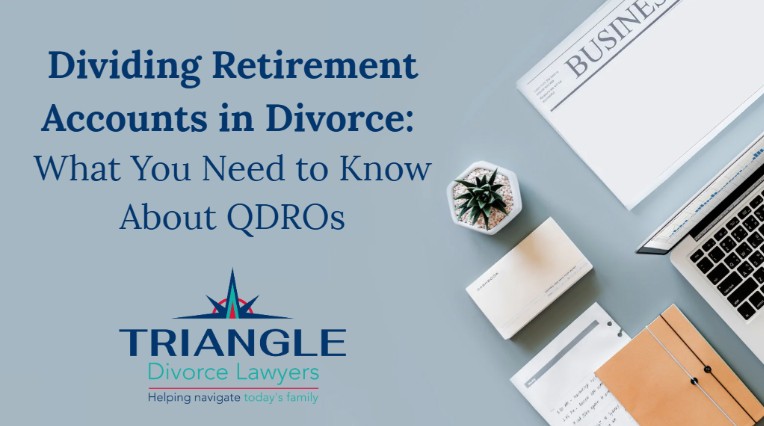Property is one of the main assets you’ll divide during divorce. Often, it’s a cause of big problems and arguments between partners. Here are 13 quick facts you should know:
- All earned income acquired during the marriage, no matter whose name it’s in, is considered to be marital property, unless there is a prenuptial agreement stating otherwise.
- A property settlement note can be used to even up a property division and should be collateralized.
- Be careful when dividing assets if one spouse gets all the cash while the other spouse gets liquid assets (such as real estate) or all retirement funds, which, when taxes are deducted, are not worth as much.
- The expert who appraises the family business should not work for that business.
- If the house has a large capital gain, that should be taken into account when dividing assets.
- Even though your desire to keep the house is emotional, get some advice on the financial ramifications of keeping it.
- If your spouse declares bankruptcy, any alimony and child support awarded will not be affected.
- Most household furniture is valued at garage-sale value.
- Any cash-value life insurance purchased with marital assets is considered property to be divided.
- A gift or inheritance received during the marriage and kept in your name only should be considered your separate property.
- If you or your spouse supported the other while he or she earned a degree or built a career, if may have value as property.
- Before alimony is awarded, all property is divided.
- The 1997 tax law created a $250,000-per-person ($500,000 per couple) exclusion from capital gain when selling the home. It can be reused every two years.
What questions do you have about dividing assets and debt during divorce?





